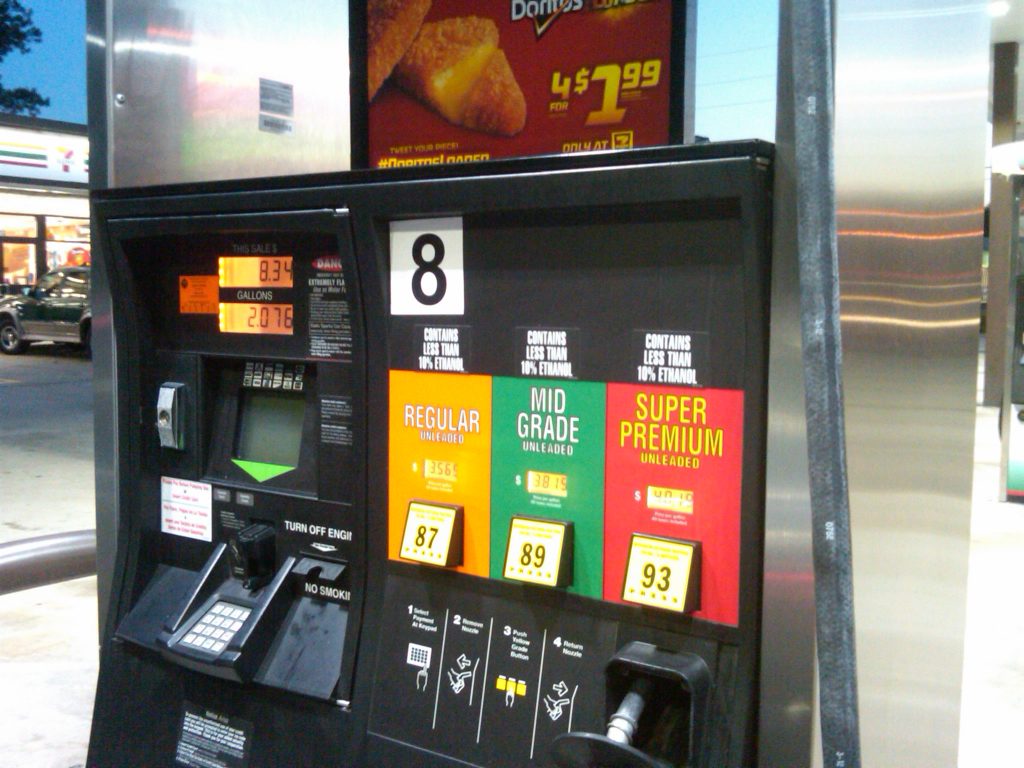Got questions?
We’ve got the answers—the Summit Racing tech department tackles your automotive-related conundrums. This week, we help convert a race engine into a pump gas street motor.

R.F. • Morgan, GA
Q: I plan to install the stroker motor from my former race car into my recently purchased 1970 Camaro (after I repair the body and give it a fresh coat of paint). The engine is a 4-bolt main, GM 350 that’s bored .060 inches over and makes 11:1 compression. It has World Sportsman II iron heads, forged pistons, a .633-inch/.633-inch intake/exhaust roller cam, MSD-6AL ignition box, and a Holley 850 cfm double-pumper carb. The Camaro has a Turbo 350 transmission with a shift kit and a 3,500 rpm stall converter driving a 10-bolt posi rear end and 3.73 gears.
The car won’t be a daily driver, but I plan on driving it on weekends and to the occasional cruise-in as well. I’d like to replace the carb with something that’ll give me good performance along with better mileage—what would you suggest? Also, I used to run 110 octane when I raced, how much timing detuning would you recommend for street use and would it be possible to run 93 octane gas in this combo.
A: It sounds like you’ve built an awesome race engine, but you’ve got too much cam and compression to run 93 octane gas. Plus, your 3.73 gear will cause your 3,500 rpm stall converter to slip under normal street conditions and hurt your mileage more than your big carburetor. To improve your mileage, lower your cam, compression (to 9.5:1 or less), and stall speed (to 2,500 rpm) and then you can use a smaller carburetor and pump gas.

Or you can buy awater/meth from summit and you can use pump gas. Snow Performances makes them and are a great kit to use.
Or run a methanol injection unit on for short cruises
If your running a box, try tuning / calibrating the dist. if you can . Ran basically the same set up your running. Just a little shy on the lift you’re stating… I ran a Mallory Mech. DP set up to trip the box off… w/ x – spring points. They don’t bounce to easy, they just wear fast and easy to replace. It pulled , and it wanted to keep pulling pass 7200. I ran 94 at the time….. on the street.
Took a little bit to figure out…. but I came up with basically 14 deg upon initial @ 950 … swinging to 38 total . NO MORE I believe it was 34-36 total for an A/T, 36- 38 total for a M/T
from my research. This was all in at 26- 2800 I believe. Don’t recall the exactly. But This # and what time it comes in at, are determined by what car you’re in.
Reason I say Mallory DP is because it is relatively easy to tailor. It was the only one I could find at the time ( and I experimented with a few) that would allow this kind of tailoring for the curve, messing the total swing which is important. Mallory gives a keyway for setting the desired mechanical swing.on the breaker plate.
This , and of course, spring rates on the weights, which are easily obtainable in
Mallory’s Spring kits.
Like said, if you’re running a box, you’re relying on that for the dwell and saturation period of the coil …which is your fire power and – (MSD) … multiples, of spark discharges per firing.
Also suggest a descent coil if you don’t already have one installed… like an MSD coli that’ll put out the 40K volts it requires and a set of Taylor 10mm wires.
Give it a try…. nothing to lose. From the grind – bump stick, sounds like you’re playing in the 6 – 7500 range.
Hmmm correct me if I’m wrong BUT what are the complete cam specs of the cam? There is a difference with static compression and dynamic compression. Is there any overlap in the cam? I run a Ls3 stroked to a 416 on 12-1 compression and on pump gas (93 octane) with some spray here and there. My cam specs are a BTR spec’d 243/258 .627/.615 on a 114+3. I have a th400, moser 9” and 3.55 gears with a 4K protorque converter. There might be a chance if he has the right cam in my opinion.